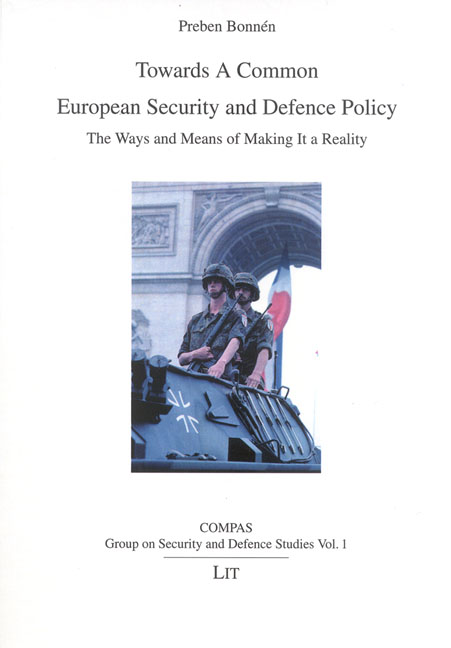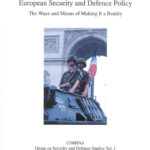Beschreibung
As a significant global economic player, the EU has
increasingly become self-conscious in areas of foreign and
security policy. Recent experience has made clear that if
the EU is to have a truly effective common policy on foreign
and security policy, it must have the capacity to take more
responsibility for regional security. For the EU to play
such a role, its ability to manage and project military
force will need to be significantly enhanced, particularly
in terms of its institutions and military capability.
For the same reason the EU made a strong commitment to
developing an effective EU led crisis management capacity.
By 2003 the EU must be in a position to deploy within 60
days up to 50,000-60,000 troops capable of a full range of
so-called Petersberg tasks including: humanitarian and
rescue missions, peacekeeping, combat force tasks in crisis
management and peacemaking missions.
According to the EU however the initiative should not be
seen as a duplication of NATO. Neither should the
establishment of a European Force be confused with the
concept of a European army. Whether a European army, or a
common defence for Europe is more capable of handling the
future needs and challenges of the EU is not the subject of
this book. Essentially it is about whether a military crisis
management system is practical and realistic and how the
planned initiatives within the agreed limits are to be
transformed into operative policy.
Preben Bonnén is from Denmark and Research Analyst at the
COMPAS Group on Security and Defence Studies (Trinity College), Toronto,
Canada, who specialises in the fields of European and Nordic Security
and Ballistic Missile Defence.


